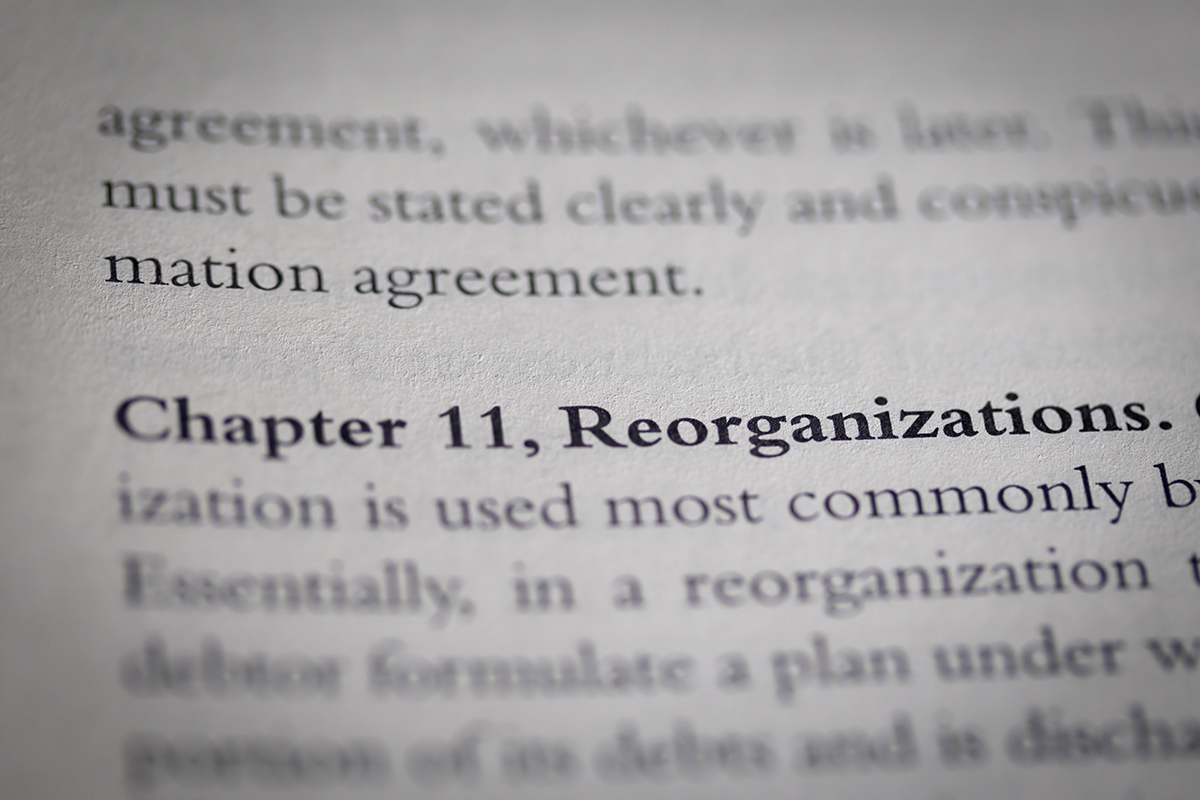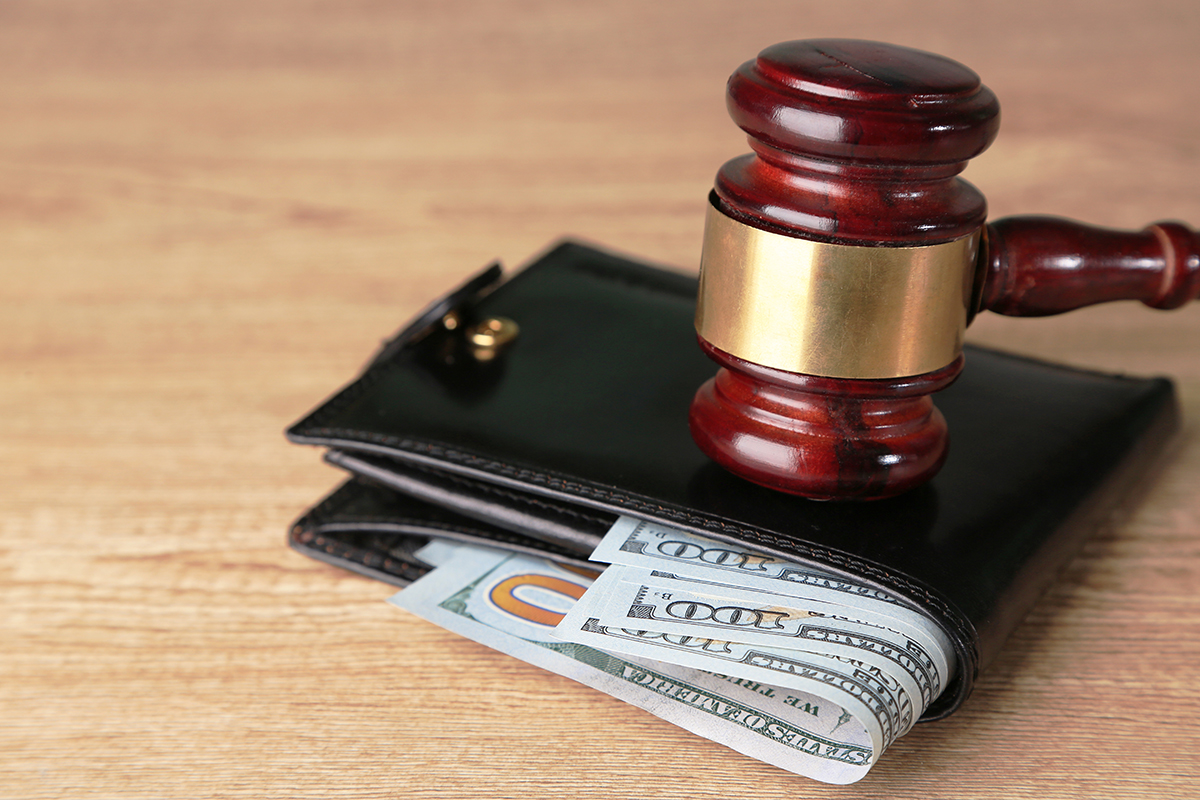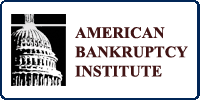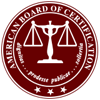Get a Free Consultation
Pay Nothing, Unless We Win
23843 Joy Rd
Dearborn Heights, MI 48127
Monday: 9 AM-5:15 PM
Tuesday: 9 AM-5:15 PM
Wednesday: 9 AM-5:15 PM
Thursday: 9 AM-5:15 PM
Friday: 9 AM-5:15 PM
Saturday: 9 AM-12 PM
Sunday: Closed
We offer late night appointments as late as 6:30 by phone or in person Mon-Thur.
Take control of your financial future today with Frego & Associates, Southfield’s trusted bankruptcy law firm. If you’re feeling overwhelmed by debt, facing constant calls from creditors, or worried about losing your home or car, our top-rated Southfield bankruptcy attorneys are here to help.
With over 25 years of combined experience and more than 40,000 bankruptcy cases filed, we understand the stress and uncertainty that come with financial challenges, and we provide real solutions.
We offer free, confidential consultations where you can speak directly with an attorney who will listen to your concerns and explain your options.
Whether you’re considering Chapter 7 to eliminate debt or Chapter 13 to create an affordable repayment plan, we will work with you to develop a strategy tailored to your situation. Our local bankruptcy lawyers are dedicated to helping you recover financially while protecting your assets and providing a fresh start. Call now at 1-800-646-0075.
If you are struggling with unmanageable debt in Southfield, Michigan, bankruptcy may provide the relief you need. Understanding your options is the first step toward financial recovery.
Below are the most common types of bankruptcy available in Southfield:
Filing Chapter 7 with a Southfield Chapter 7 bankruptcy lawyer is often the quickest and most straightforward form of bankruptcy. It allows individuals to eliminate most unsecured debts, such as credit cards, medical bills, and personal loans.
If you file Chapter 7, it is likely that you can keep essential assets like your home, car, and personal belongings due to Michigan’s exemption laws. This option is ideal if you have a limited income or cannot afford to repay your debts.
Chapter 13 is designed for individuals with a regular income who want to keep their property and catch up on past-due payments. It allows you to create an affordable repayment plan that spans three to five years, consolidating debts into manageable monthly payments.
This option helps stop foreclosure and repossession, giving you time to save your home or vehicle while repaying a portion of your debts.
Chapter 11 is typically used by businesses or individuals with significant debt and assets. It allows businesses to continue operating while restructuring their debts and developing a plan to repay creditors over time. Chapter 11 bankruptcy can also be an option for high-net-worth individuals who exceed the debt limits of Chapter 13.
In the year 2024, there were 16,284 bankruptcies filed in the Eastern District of Michigan. [1]

Deciding to file for bankruptcy is never easy. It’s a big decision that can feel overwhelming, especially when you’re already under financial stress. But, for many people in Southfield, bankruptcy offers a fresh start and relief from debt they can no longer manage.
Filing for bankruptcy is a major decision, one that can feel confusing and intimidating. Many people delay taking action because they’re unsure if bankruptcy is truly the right choice for their situation.
Here are the most common warning signs:
If your debts feel impossible to manage, no matter how hard you try, it may be time to consider bankruptcy. Many people find themselves juggling multiple credit card balances, medical bills, personal loans, and other obligations, with no realistic way to pay them off.
If you’ve tried budgeting, cutting expenses, or increasing your income, and it’s still not enough, bankruptcy could provide the relief you need.
Missing payments on credit cards, loans, or utility bills can quickly spiral out of control. Once you fall behind, late fees and high interest rates make it even harder to catch up. If you’re constantly behind on payments and getting calls from creditors, bankruptcy can help stop the cycle and give you breathing room to reorganize your finances.
If you are facing the loss of your home through foreclosure or the repossession of your car, bankruptcy may help. Filing for bankruptcy triggers something called an “automatic stay,” which immediately stops most collection actions, including foreclosure and repossession.
This gives you time to work out a plan, keep your property, and avoid losing what matters most.
When creditors take legal action to collect what you owe, things can get serious. If you’ve been served with a lawsuit or your wages are being garnished, bankruptcy can stop these actions immediately. By filing, you can prevent further legal action, eliminate certain debts, and protect your paycheck.

While each case is unique, the process typically follows a standard path. Here’s an overview of how bankruptcy works in Southfield, from your first consultation to the final discharge.
The first step is scheduling a free, no-obligation consultation with our bankruptcy attorney. During this initial consultation, our attorney will review your financial situation, explain your options, and help you determine whether bankruptcy is the best solution.
You’ll discuss which type of bankruptcy, Chapter 7 or Chapter 13, fits your situation, and what filing will mean for your assets, debts, and future.
Before filing your bankruptcy petition, you are required to complete a credit counseling course from an approved agency. This is mandatory under federal law and must be done within 180 days before you file. The course typically takes about 60 to 90 minutes and can often be completed online.
Once you’ve completed credit counseling, your bankruptcy attorney will prepare and file your bankruptcy petition with the court. This document includes detailed information about your debts, income, assets, expenses, and financial history. Filing the petition formally starts your bankruptcy case.
As soon as your petition is filed, an “automatic stay” goes into effect. This legal order immediately stops most collection actions, including creditor phone calls, wage garnishments, foreclosure proceedings, and repossession efforts. It provides you with immediate relief and breathing room to move forward with your case without constant pressure from creditors.
About a month after you file, you’ll attend a Meeting of Creditors, also known as the 341 hearing. Despite the name, creditors rarely attend. You’ll meet with the bankruptcy trustee, who will review your petition, ask a few standard questions about your finances, and confirm the accuracy of your paperwork. This meeting is usually brief and straightforward, especially with a bankruptcy lawyer by your side.

If you’re filing Chapter 7, and there are no objections, you’ll typically receive a discharge of your qualifying debts within 60 to 90 days after the 341 meeting. This means you’re no longer legally required to repay those debts.
One of the most common questions people have about bankruptcy is, “Will it wipe out all my debts?” The answer depends on the type of debt you have. Bankruptcy can offer powerful relief, but some debts cannot be discharged.
Bankruptcy is highly effective at eliminating unsecured debts, which are debts not tied to any collateral. These commonly include:
Once these debts are discharged, you are no longer legally responsible for paying them.
Some debts are generally not wiped out in bankruptcy, either because of legal protections or public policy reasons. These typically include:
Secured vs. Unsecured Debts
It’s natural to worry about how bankruptcy will impact your credit and future finances. While filing can lower your credit score in the short term, many people find it’s the first step toward long-term financial recovery.
Bankruptcy will appear on your credit report, typically for 7 years with Chapter 13 and up to 10 years for Chapter 7. Initially, your credit score may drop significantly. However, for many people who are already behind on payments or dealing with collections, bankruptcy can actually help by wiping out overwhelming debt and stopping further damage.
The good news? You can start rebuilding your credit immediately after your case is discharged.
Many people begin seeing improvements in their credit score within a year of filing.

At Frego & Associates, we’ve helped thousands of individuals and families regain control of their finances through bankruptcy. With decades of experience and a dedicated team, we take pride in offering compassionate, personalized service every step of the way.
When you work with us, you’re gaining a partner who’s committed to helping you make a fresh financial start with confidence. Contact us for your free consultation today!
Source:
[1] Court statistics | Eastern District of Michigan | United States Bankruptcy Court. (n.d.). https://www.mieb.uscourts.gov/court-statistics

Received Accolades:
206-2010, 2012, 2014-2021

American Bankruptcy Institute

Certified as a Bankruptcy Specialist by ABC

National Association of Consumer Bankruptcy Attorneys

Better Business Bureau
23843 Joy Rd
Dearborn Heights, MI 48127
Monday: 9 AM-5:15 PM
Tuesday: 9 AM-5:15 PM
Wednesday: 9 AM-5:15 PM
Thursday: 9 AM-5:15 PM
Friday: 9 AM-5:15 PM
Saturday: 9 AM-12 PM
Sunday: Closed
We offer late night appointments as late as 6:30 by phone or in person Mon-Thur.